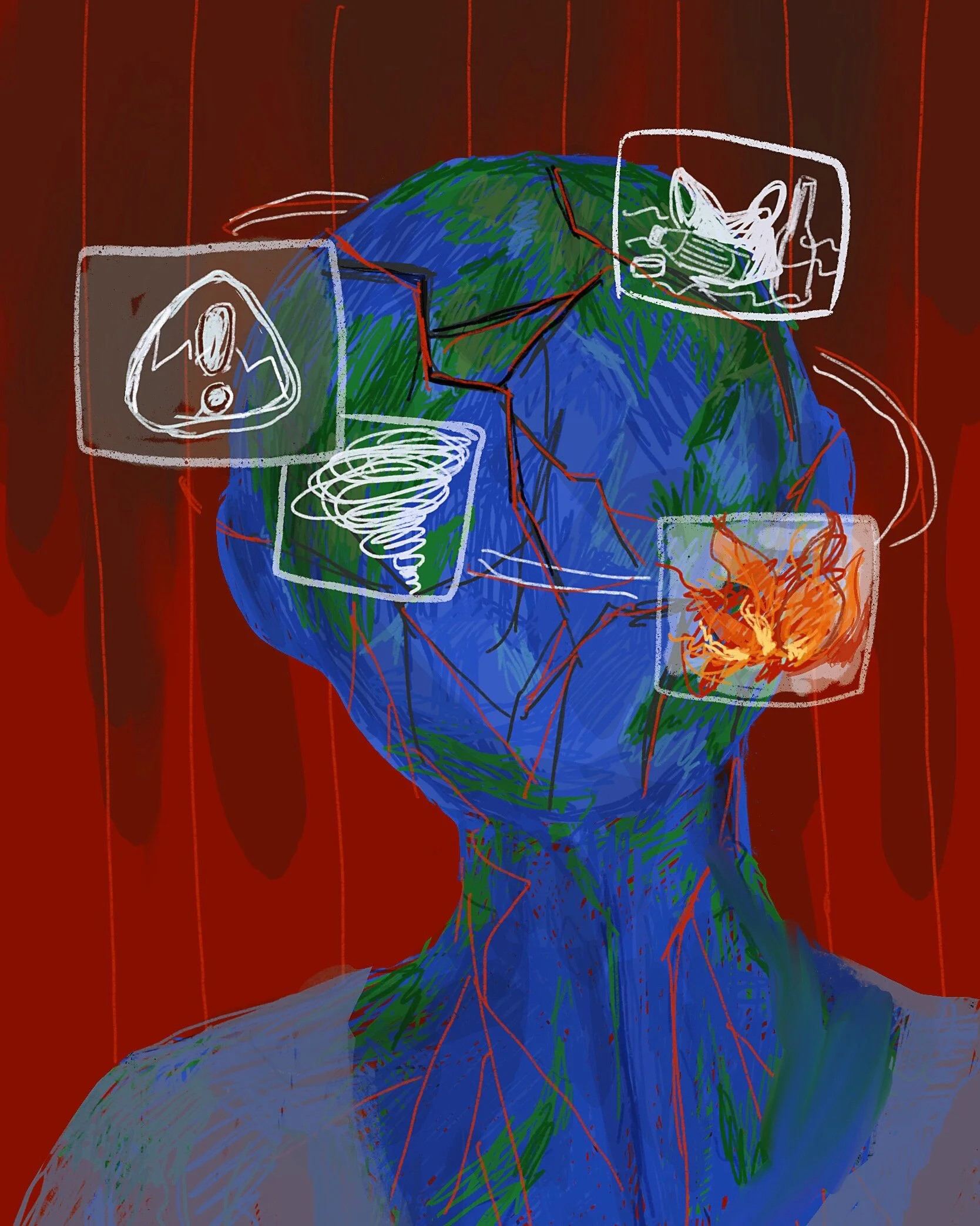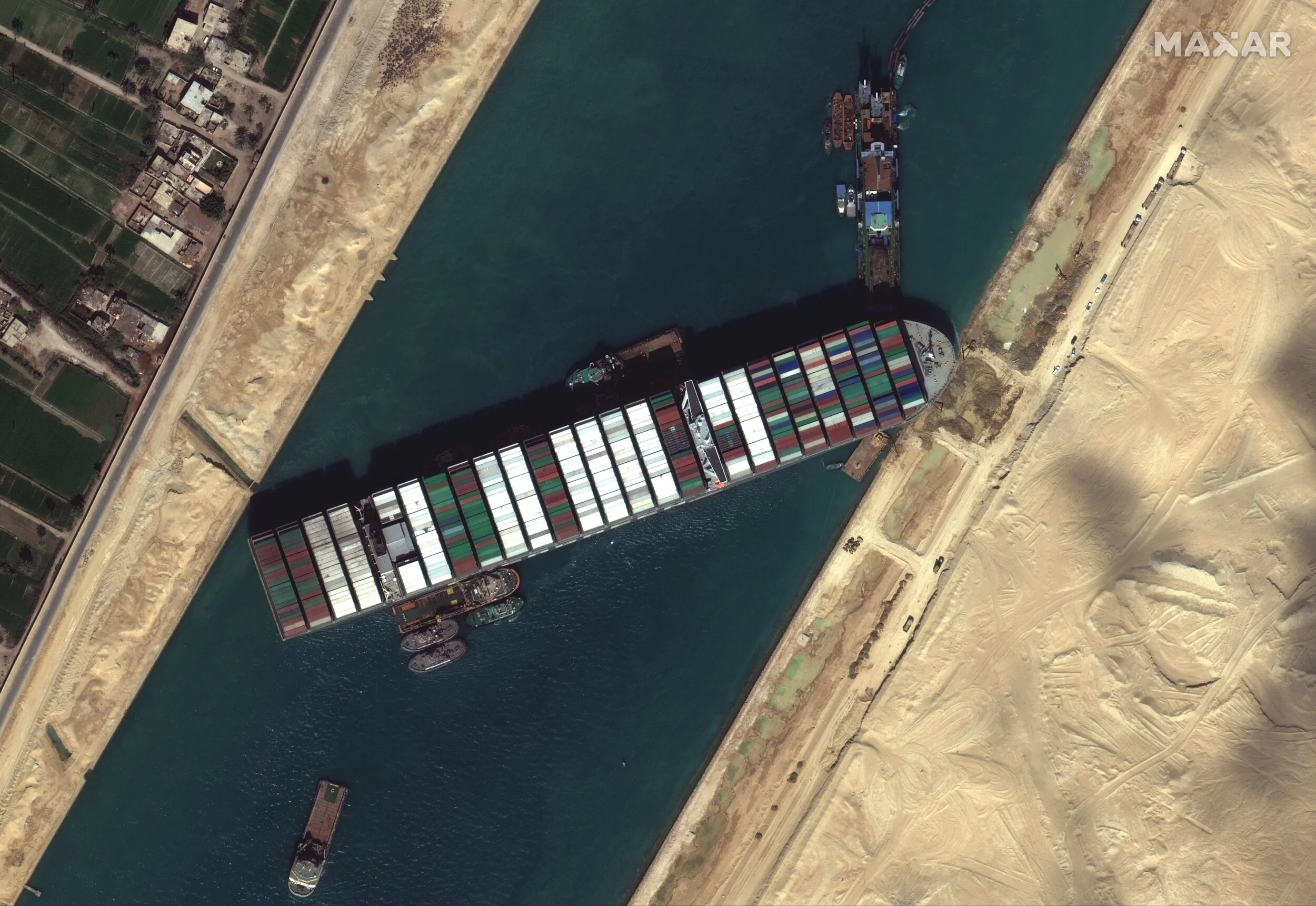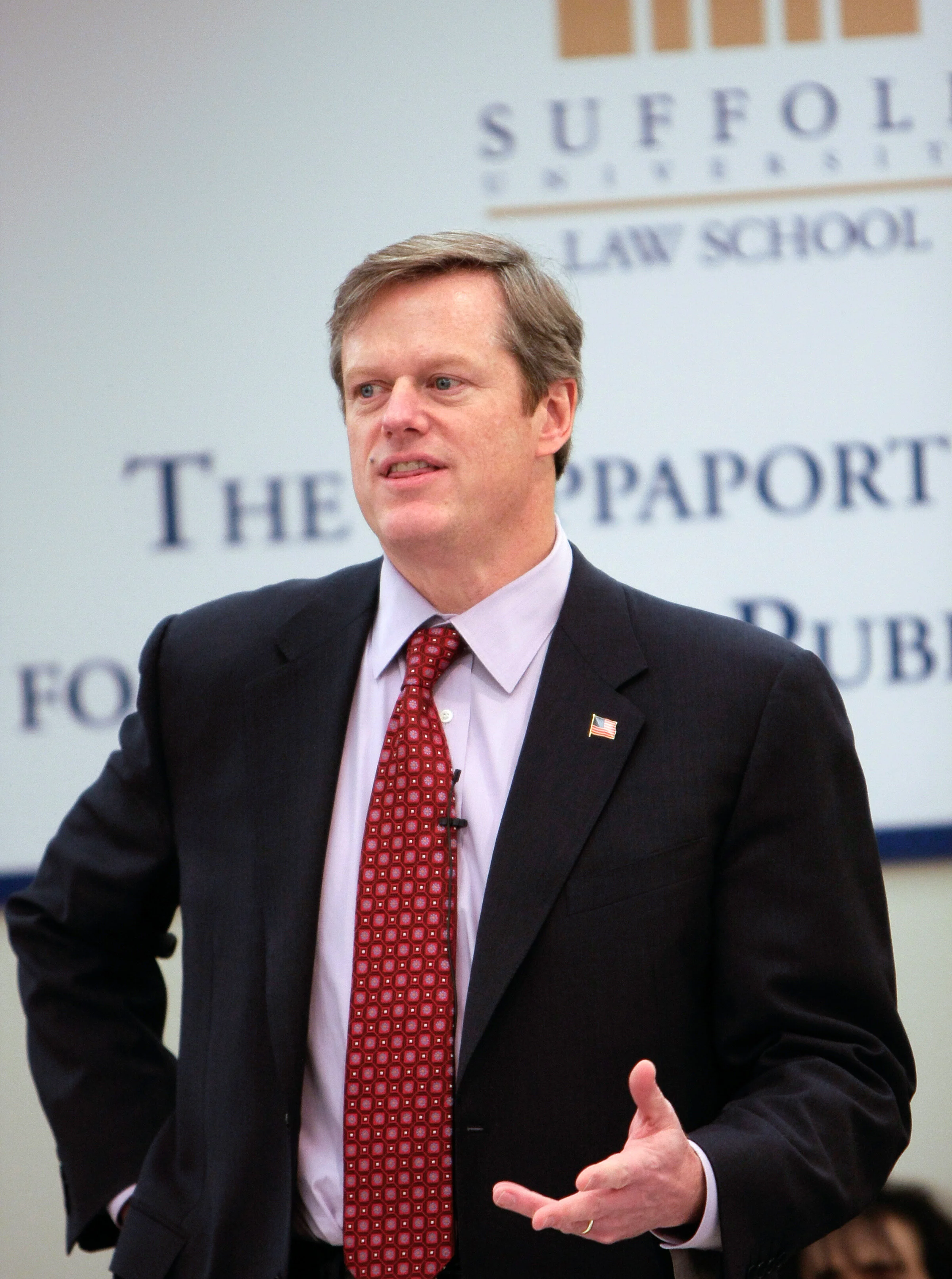Google announced on March 30 that starting later this year, the Google Maps app will direct drivers on routes estimated to generate the lowest carbon emissions. Google said it would factor in emissions data based on different types of slopes and inclines using its own Street View feature combined with aerial and satellite imagery.
Artificial light pollution disrupts insect and animal behaviors
The current decline of insect populations around the world could put ecosystems at risk of collapsing. Insects are responsible for the biological foundation of all terrestrial ecosystems, pollinating plants, dispersing seeds, maintaining soil structure and fertility, controlling the populations of other organisms and providing a food source for other animals. For example, fireflies are important to ecosystems, as their larvae feed on pests that can destroy the habitat of other organisms, while grasshoppers benefit ecosystems by facilitating cycles of decomposition and regrowth.
Climate change impacts well-being through psychological trauma
Climate change reverberates throughout ecosystems as well as the human body. The direct outcomes of climate change produce physical harm to individuals through natural disasters and the creation of inhospitable environments while also impacting individuals and communities’ well-being through a wide range of mental health effects. As the planet continues to warm, we become increasingly exposed to psychological trauma connected to the destruction of the natural world.
Weekly Climate News
April 8, 2021
Flooding in Australia has forced over 20,000 people to evacuate and over 150 schools to close down.
The journal Geophysical Research Letters published a new study that shows summer in the Northern Hemisphere is lengthening. As a result of climate change, by the end of the century, summer could extend by nearly six months.
Pope Francis made an appeal for humanity to face climate change by quoting Shakespeare, writing, “To see or not to see, that is the question.”
Human activity is currently responsible for degrading two-thirds of Earth’s tropical rain forests. Read more about it here.
A NASA study has confirmed that human activities are shifting Earth’s energy budget, as more energy from the sun is being trapped than can escape back into space.
A recent experiment found that coffee pulp, left over from the coffee making process, can aid in the regrowth of forests.
The Biden administration announced an expansive offshore wind plan that would install enough wind turbines on the East Coast to power 10 million American homes.
How is climate change affecting major league baseball? Read this article to find out.
‘Our Voices, Our Platforms’: A Green New Deal virtual town hall with Senator Edward Markey and Carmen Yulín Cruz
Massachusetts Senator Edward Markey and Carmen Yulín Cruz, former mayor of San Juan, Puerto Rico, and current Harriet L. Weissman and Paul M. Weissman distinguished fellow in leadership at Mount Holyoke College, met in conversation for a virtual webinar-style town hall on April 7 at 11:30 a.m. EDT. The town hall was the second of the “Our Voices, Our Platforms” series, created through a collaboration of the Weissman Center for Leadership and the Miller Worley Center for the Environment with co-sponsored support from the McCulloch Center for Global Initiatives and the Division of Student Life. The event included questions from current Mount Holyoke College students.
Environmental considerations in grounding of Ever Given
On March 23, the 1,312-foot-long container ship Ever Given ran aground in the Suez Canal. The Suez Canal is a human-made waterway in Egypt connecting the Mediterranean and Red seas, providing the shortest maritime route from Asia to Europe. The Ever Given blocked the canal for six days, leaving more than 400 ships stranded.
Governor Charlie Baker commits Massachusetts to net-zero emissions by 2050 in new climate law
Massachusetts Governor Charlie Baker signed a new climate bill committing the state to a net-zero carbon emission target by 2050. The new law, called “An Act Creating a Next-Generation Roadmap for Massachusetts Climate Policy,” is the most significant change in the commonwealth’s climate policy since the Global Warming Solutions Act in 2008. It was signed on Friday, March 26, ending a months-long debate over the bill, which included an initial veto by Baker this past January.
New study finds bottom trawling emits carbon dioxide equivalent to airplanes
The ocean covers over two-thirds of the Earth’s surface and acts as a major heat and carbon sink. Despite the role it plays in mitigating climate change, it bears the brunt of our warming planet, with impacts heavily felt by marine species and ocean ecosystems. A recent study published in the scientific journal Nature found that bottom trawling emits as much carbon dioxide annually as airplanes. Bottom trawling is notorious for causing damage to ecosystems, as various forms of marine life are caught unintentionally in nets.






